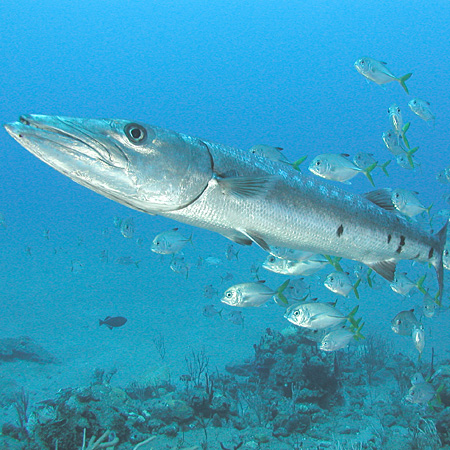Studies have shown that large fish such as grouper, snapper, and barracuda release key nutrients essential for healthy coral reefs through their urine and body tissue.
 Now, new research in Nature Communications has found that in areas where fishing occurs, nearly half of these nutrients are missing from the reefs, threatening their well-being. The study was conducted by four U.S. scientists, who surveyed 143 fish species at 110 sites across 43 Caribbean coral reefs, with varying levels of fishing activity, from marine preserves where anglers are banned to heavily fished reefs. “This study is useful to understand alternative ways fishing is affecting coral reef ecosystems,” said Jacob Allgeier, an ecologist at the University of Washington and lead author of the new study. “Simply stated, fish biomass in coral reefs is being reduced by fishing pressure. If biomass is shrinking, there are fewer fish to pee.”
Now, new research in Nature Communications has found that in areas where fishing occurs, nearly half of these nutrients are missing from the reefs, threatening their well-being. The study was conducted by four U.S. scientists, who surveyed 143 fish species at 110 sites across 43 Caribbean coral reefs, with varying levels of fishing activity, from marine preserves where anglers are banned to heavily fished reefs. “This study is useful to understand alternative ways fishing is affecting coral reef ecosystems,” said Jacob Allgeier, an ecologist at the University of Washington and lead author of the new study. “Simply stated, fish biomass in coral reefs is being reduced by fishing pressure. If biomass is shrinking, there are fewer fish to pee.”

A barracuda swims along a Caribbean coral reef.